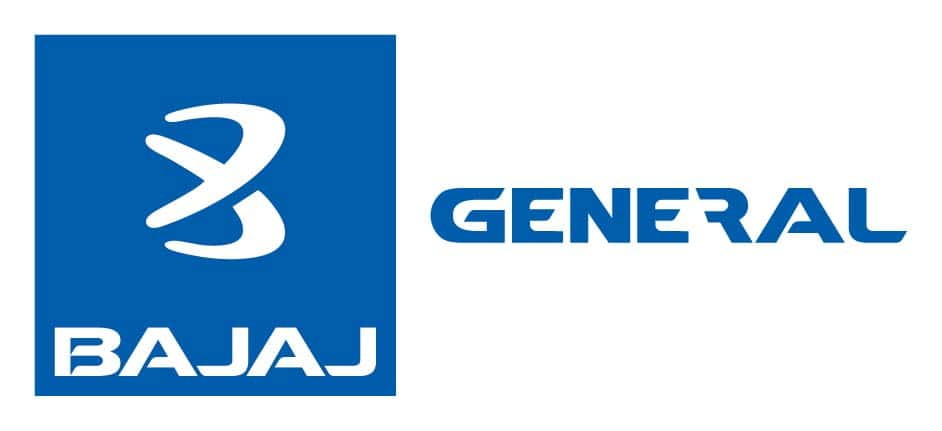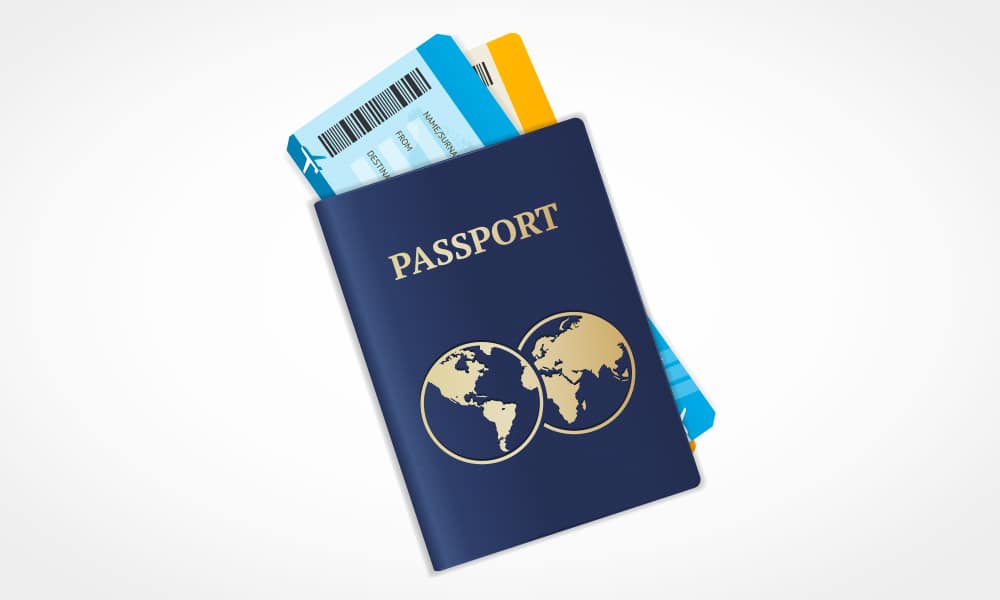


Does any of the traveller have any pre-existing medical condition like BP, diabetes etc? See what it means ›
Now covers COVID-19
ECR Vs Non-ECR Passport
Travelling outside India requires a lot of paperwork and formalities. An Indian passport is mandatory if you want to travel or work abroad, for any purpose. Especially if you have still not applied for a passport and are confused about different categories like ECR or non-ECR, this article will help you understand the difference between ECR and non-ECR passports.
Travel Insurance Plans on PolicyBazaar#1
- Individuals
- Sr. Citizens
- Students
Difference Between ECR and Non-ECR Category
Your passport is your only proof of identity and nationality in another country. The Indian government issues two categories based on whether you need an emigration check or not. Hence, you fall in one of these categories:
- ECR
- Non-ECR
Both of these depend on your purpose of travelling abroad, along with your educational qualifications. Categorising these helps protect the rights of vulnerable Indians abroad, allowing sufficient checks and security. You must understand these before starting your Indian passport application process, so that you don't make a mistake.
What is ECR in Indian Passport?
ECR in a passport means 'Emigration Check Required'. Emigration Clearance or ECR is necessary for all Indians who have not passed their 10th standard. ECR category in passports need an additional emigration check before they start working in certain countries.
It is printed only on passports where the applicant falls in the ECR category.

This ECR status is visible on the last page of your passport, helping the immigration authorities identify you during the check. The ECR category in a passport does not restrict your travel in any way; it is only a way to protect you from any employment-related issues later.
Many Indians travel abroad for employment opportunities. However, many countries have security measures and regulations with specific requirements. Most countries like Kuwait, Jordan, Thailand, UAE, etc., require clarity on your emigration status, so your Indian passport is issued accordingly.
Having an ECR passport helps the immigration officers in identifying these applicants and fast-tracking their emigration check. But more than that, it is helpful in protecting these people from workplace exploitation abroad. One distinguishing feature of these passports is that they don't have an address page.
Eligibility for ECR Passport
As per the 1983 Indian Emigration Act, emigration clearance is mandatory for Indians travelling to work in certain countries. As these employees don't have sufficient formal education,it helps protect the interests and rights of Indians who may be vulnerable to work-related exploitation abroad.,
Indian passport applicants who don't have any documents or certificates to prove they have passed class 10th or those who have not passed class 10th are issued ECR passports. Children aged below 15 years are also issued ECR passports by default.
What is Non-ECR in Indian Passport?
Non-ECR means there is no need for an emigration check in the applicant's passport. Earlier, it was referred to as ECNR or Emigration Check Not Required, but this practice has been discontinued.
For people falling in the non-ECR category, there is no stamp or mention on their passports. These people can easily travel abroad without this additional emigration check.
ECNR is a default status for people who don't need to travel with an emigration check.
Children under 15 years of age or Indians who have not passed their boards are not issued non-ECR passports.
Eligibility for Non-ECR Passport
Indians who have passed the 10th standard or have the necessary academic qualifications to travel abroad for business or travel purposes are automatically issued ECNR or non-ECR passports. They don't need an emigration clearance to travel across different countries.
However, their entry requirements may differ from the countries they plan to visit. Each country has its own entry protocol, such as visa requirements, proof of sufficient funds, coverage of a travel health insurance plan and more.
Almost every country in the world accepts the non-ECR Indian passport. This passport allows you to travel freely for studies, work, tourism, or other purposes.
| You May Like to Read: Types of Indian Passports |
Documents Required for an ECR Passport
All passport applicants falling under the ECR category must provide the following documents:
- Proof of address
- Emergency contact, if applicable
- Annexures as required
- Any certificates of educational qualifications available (for any additional proof)
Countries Requiring ECR in Indian Passport
ECR stamp on passport is essential to work in several countries. This is necessary to ensure the safety of emigrants who frequent these countries for work. Under the POE (Protector of Emigrants), the following 17 ECR countries require this stamp:
| Libya | United Arab Emirates (UAE) | Bahrain | Kingdom of Saudi Arabia |
| Lebanon | Syria | Iraq | Oman |
| Yemen | Afghanistan | Indonesia | Sudan |
| Qatar | Kuwait | Jordan | Malaysia |
| Thailand | |||
Any Indian wishing to work in these countries must undertake the emigration process before migrating there. They must have a valid ECR passport and visa for hassle-free entry at the immigration counter.
Over to You,
If you are applying for a passport for the first time, then you must read all the requirements and information before you start the procedure. It is important to know the difference between ECR and non-ECR categories, as your passport application requires confirmation before proceeding to the next stage of the passport application.
Once you have completed the process and received your passport, you can start planning your upcoming trip abroad. Don't forget to buy a suitable travel insurance policy for your trip, which will protect you abroad from many financial emergencies, including loss or theft of your passport!
ECR Vs. Non-ECR Passport: FAQs
-
Q: What is ECR and non-ECR?
Ans: ECR (Emigration Check Required) and non-ECR (Emigration Check Not Required) are different emigration clearance requirements for Indians travelling abroad for work. -
Q: Who is eligible for non-ECR category?
Ans: Indians who have completed their 10th class education or more, government employees and certain professionals are eligible for non-ECR status in passports. -
Q: Can I travel to Singapore with ECR passport?
Ans: Yes, you can travel to any country with an ECR passport category. It does not affect your travels. It only means an additional check to ensure your safety abroad. -
Q: What are the non-ECR countries?
Ans: Several countries don’t need any emigration clearance for Indians travelling for work there. A few of them include: UK, France, Germany, USA, Canada, Australia, New Zealand, Japan, South Korea and more.
STANDARD TERMS AND CONDITIONS APPLY. For more details on risk factors, terms, and conditions, please read the sales brochure carefully before concluding a sale.
Policybazaar Insurance Brokers Private Limited, Registered Office - Plot No.119, Sector - 44, Gurgaon, Haryana - 122001 | CIN: U74999HR2014PTC053454 | Policybazaar is registered as a Composite Broker | Registration No. 742, Valid till 09/06/2027 | License category - Composite Broker | Contact Us | Legal and Admin Policies
*Price shown is for a 180 day trip to Thailand with 50 thousand dollar coverage for an adult of age 25 years






































